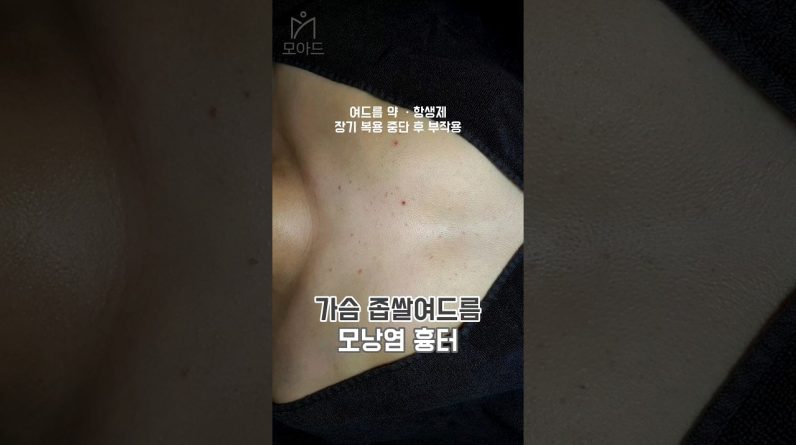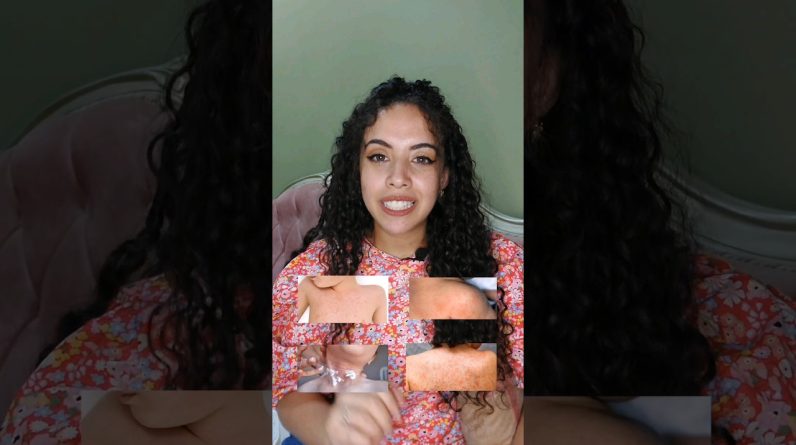More on SKIN CARE Tips & product reviews
.
.
Hyaluronic Acid (HA) has to be the number one. Hyaluronic acid is THE molecule that gives your skin support, replacing loss volume, providing hydration & keeping wrinkles away!
.
.
Skin Science: Hyaluronic acid or HA molecules have been widely studied by dermatologists for many decades. They are important constituents of dermal fillers, moisturisers & sheet masks
.
.
Volume: Probably the number of use of hyaluronic acid by dermatologists & injectors to replace loss volume. HA fillers are sugar based molecules with specific properties. This enables us to recreate & reposition folds, iron out wrinkles, fill shadows, change angles, & even elevate structures
.
.
Hydration: HA moisturizing lotions, creams & serums can help with epidermal hydration, instantly decreasing fine lines & wrinkles
.
.
Enhances collagen: Hyaluronic acid also stimulates your skin cells to produce collagen further reducing wrinkles and shrinking down pores. HAs have been recently shown to regenerate adipocytes or fat cells. This can further improve volume loss
.
.
Skin Primer: Hydration of the upper layers of skin also aids in penetration of other actives such as retinol, retinoids, ascorbic acid, niacinamide & skin acids. This amplifies the potency of topicals, supercharging your skincare
Azelaic Acid
🍄Organic skin care; azelaic acid is a naturally occurring compound found in wheat, barley and rye. This acid is a by-product of organic (let’s see how many times I use that word in this post) yeasts found on skin. This is a must have ingredient for organically sourced #skincare. Leave a comment if you have found this acid useful in your skin care routine (I seriously like to know).
.
💪Azelaic acid can treat acne organically killing bacteria in #zits and #cysts. Azelaic acid is also a keratolytic; meaning it promotes turnover of skin cells, hence its use in #acne.
.
👍Azelaic acid can decrease pigment production and is the treatment of choice for #melasma in pregnancy. This acid can also reduce pigmentation due to sun exposure as well as freckles.
.
😡Azelaic acid can calm #angryskin / red & inflamed skin. This acid is frequently used by dermatologists to treat #rosacea. Unlike #glycolicacids, this acid has anti-inflammatory properties- ideal for patients with #sensitiveskin. Note however that concentrations above 10% azelaic acid can be irritating.
.
.
📃Recommended brands: Finacea 15% gel, #azclear, #theordinary, Paula’s choice
.
Vitamin B
Niacinamide is also known as Vitamin B. If you have sensitive skin, skip A & C and aim for B. This topical is anti-inflammatory and can improve skin pigmentation as well as rosacea. It also helps with skin integrity and is compatible with other skin care products. Niacinamide also improve barrier function by improving the production of ceramides or lipids in the skin. Concentrations range from 10-20 %
Three to avoid-
BPO or benzoyl peroxide is an agent used to treat acne. In normal sensitivity patients, a 5% formulation can even be irritating. Acne is a skin disorder that compromises barrier function. The majority of reactions are due to an irritant, and not an allergic contact dermatitis. I suggest starting with a 2.5 % gel or wash every second day, and increasing as tolerated. As always, if you experience any adverse reactions, skip the next application.
Vitamin C or ascorbic acid acts as an antioxidant, pigment corrector, as well as a powerful collagen building active. The problem is that the highest bioavailability is with agents that are acidic in nature with pH ranging from 2.5 to 3.5. Possibly good formulations from say, Obagi or Skinceuticals can potentially give less irritation than say cheaper formulations. Try before you buy.
Retinol- retinoids are the go to molecule for collagen, pigment as well as acne prone skin. They are one of the most powerful chemicals in dermatology. Side effects include skin irritation, namely redness, stinging, flaky skin, itch, & photosensitivity. For patients with super sensitive skin, medical retinoids must be applied with caution. Over the counter retinol maybe a better & safer option.
Thanks for watching, more hints, skin care tips & hacks shortly. More on my Instagram account.
Dr Davin Lim
Brisbane, Australia
source








